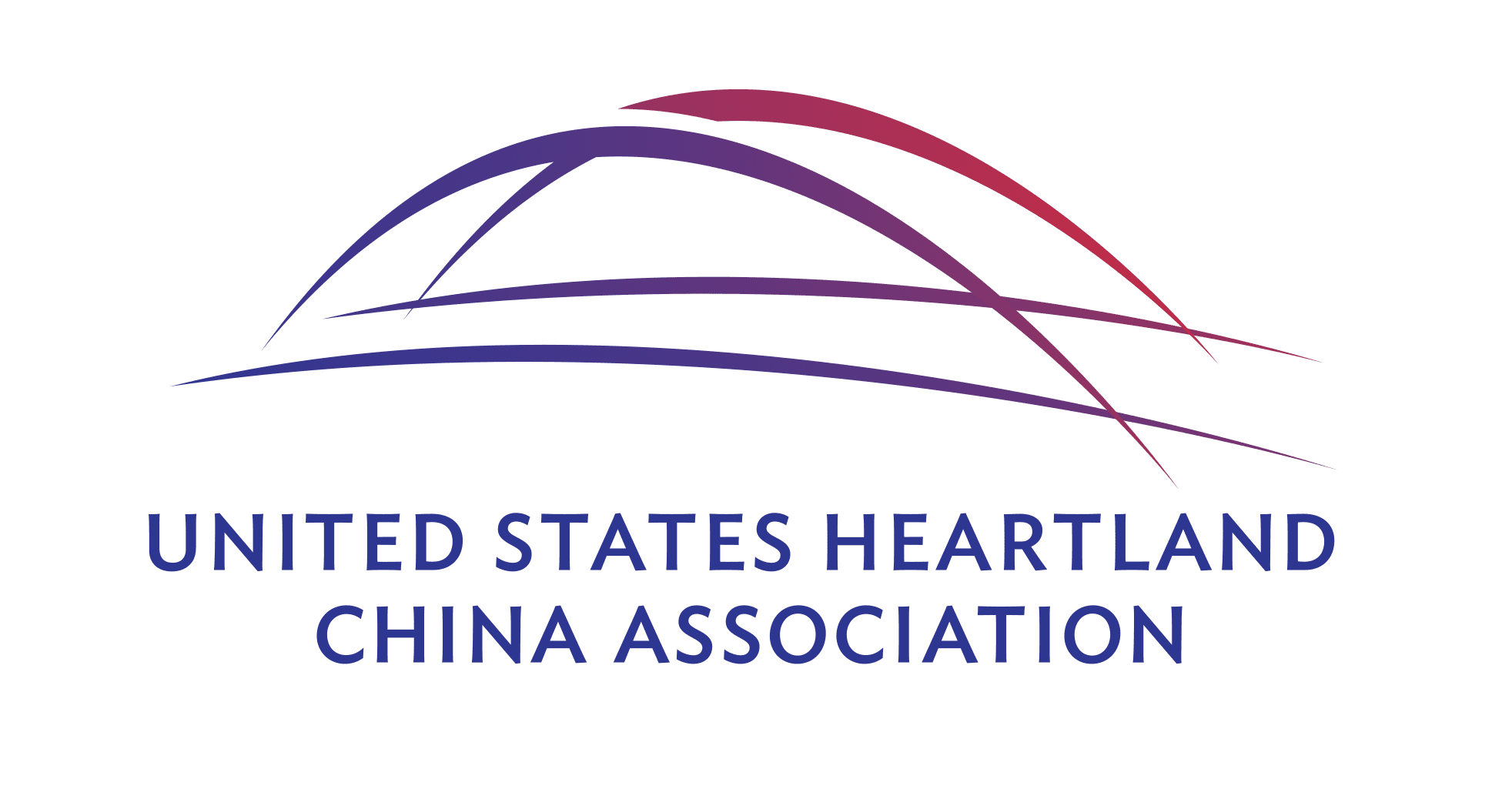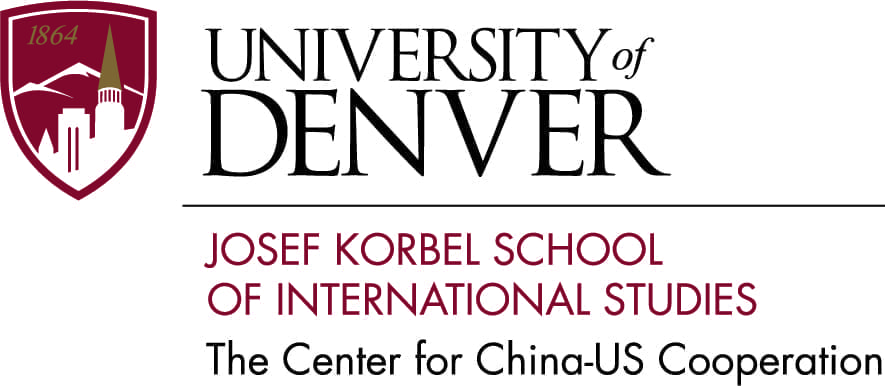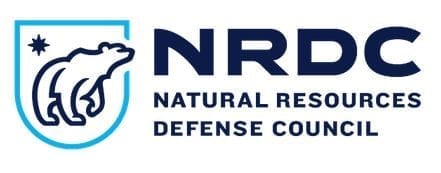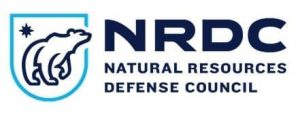Climate change is perhaps the most crucial issue facing the world today. As the world’s dominant powers, the U.S. and China have a tremendous influence and impact on global responsibility for climate change, any substantial change we might see on the global scale must be born out of the collaboration between the two countries. How can the two largest industrialized nations work together to address the issues of climate change globally? How can they work to address the unique issues relevant to each country?
We’ve invited various experts from the Natural Resources Defense Council (NRDC), the University of Denver, and Tsinghua University, to present their research and opinions relating to the best methods that each country can take to tackle climate change. Join us as we hear more about how the US and China can collaborate to address climate change for the better of the world.
This event is in partnership with the University of Denver, Josef Korbel School of international studies; the Center for China United States Cooperation; and the Natural Resources Defense Council.
Big Power Responsibility webinar is part of USHCA’s ongoing series, The Way Forward, where we discuss different ideas and initiatives used by the U.S. and China and how they can be applied to the Heartland region.
Panelist
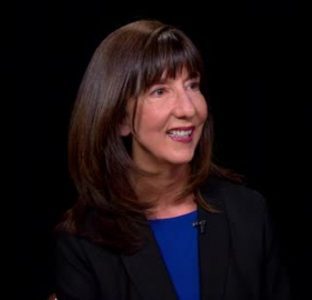
Barbara Finamore
Senior Strategic Director for Asia at the Natural Resources Defense Council (NRDC)
Barbara Finamore
Barbara Finamore is the Senior Strategic Director for Asia at the Natural Resources Defense Council (NRDC). She has four decades of experience in environmental law and energy policy, with a focus on China for 30 years. In 1996, she founded NRDC’s China Program, the first clean energy program to be launched by an international NGO. She led NRDC in helping to develop many of the nation’s firsts, among them energy codes for residential and commercial buildings, a research and development program for clean vehicles, and a utility-based initiative for energy conservation.
Ms. Finamore served as President and Chair of the Professional Association for China's Environment (PACE) and was co-founder and President of the China-U.S. Energy Innovation Alliance. In 2017, Ms. Finamore was named a member of Foreign Policy’s “The U.S.-China 50”, a group of 50 individuals who are powering the world's most complex and consequential relationship. She is the author of “Will China Save the Planet?” (Polity Press), called “a highly readable and informative overview of China’s role in the global climate change battle.”
Ms. Finamore also worked for the U.S. Departments of Justice and Interior, the United Nations Development Program, and the Center for International Environmental Law. She holds a J.D. degree with honors from Harvard Law School.
Panelist
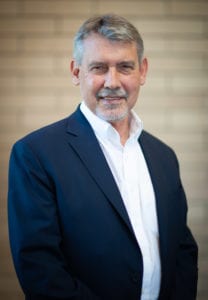
Frederick Mayer
Dean of the Josef Korbel School of International Studies at the University of Denver
Frederick Mayer
Frederick "Fritz" Mayer is Dean of the Josef Korbel School of International Studies at the University of Denver. The Korbel School is one of the world’s leading schools of international affairs. It offers two undergraduate majors, seven master’s degrees, a PhD in international affairs, and numerous specialized certificates, and houses several institutes and centers.
Since he began as Dean of the Korbel School in July 2019, Mayer has led efforts to launch a new Master’s of Public Policy degree and the Scrivner Institute of Public Policy, establish of a new MA degree and research program in Global Environmental Sustainability, create a new Institute for Comparative and Regional Studies, orient the school’s research and teaching towards engagement with the great issues facing the world today, and prioritize diversity and inclusion in recruiting of faculty, staff and students, in the curriculum and in the culture of the Korbel School.
Mayer’s research addresses globalization and its effects, with particular emphasis on the labor and environmental impacts of economic integration. His widely cited book Interpreting NAFTA: The Art and Science of Political Analysis (Columbia University Press, 1998) explored the political processes that created NAFTA. His more recent work has focused on the international development policy implications of a global economy dominated by global value chains, in which a relatively few large firms enjoy considerable power in defining the terms of trade.
Mayer also has a long interest in the role of stories in politics and society. His book Narrative Politics: Stories and Collective Action (Oxford University Press, 2014) makes the case that shared stories are essential tools for enabling communities to overcome free riding and other obstacles to collective action.
Prior to his appointment at Denver, Mayer was Professor of Public Policy, Political Science, and Environment and Associate Dean for Strategy and Engagement at Duke University’s Terry Sanford School of Public Policy. Over three decades Mayer taught more than 3000 Duke students in courses on policy analysis, the political economy of public policy, globalization, political analysis, public opinion, and leadership, among others.
In addition to his academic experience, Mayer served as senior international trade and foreign policy advisor to former U. S. Senator Bill Bradley from 1992 to 1993. In previous stints in Washington, Mayer served as an aide to Congressman Sander Levin, as a policy analyst at the U.S. Environment Protection Agency, and as editor at the Close Up Foundation, an educational non-profit organization.
Mayer received an A.B. in history and literature from Harvard College, and an M.P.P. and a Ph.D. in Public Policy, both from the John F. Kennedy School of Government at Harvard University.
Panelist
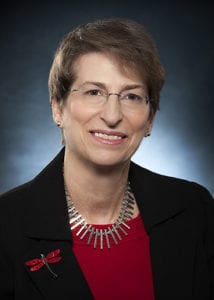
Beth Keck 柯 培 新
Volkswagen Sustainability Chair, Schwarzman Scholar at Tsinghua University
Beth Keck 柯 培 新
Beth Keck has an extensive background in international business and sustainability with a focus on China. Currently, she has joint appointments as the Volkswagen Chair in Sustainability, Schwarzman College at Tsinghua University in Beijing, China, and as Practitioner-in-Residence, China Studies, at The Johns Hopkins University School of Advanced International Studies (SAIS) in Washington, DC.
She teaches graduate level courses and seminars on business sustainability strategy, corporate social responsibility, and public affairs. Previously at Walmart, she led the company’s Women’s Economic Empowerment commitment training one million women, and the globalization of the company’s sustainability program, including its landmark sustainable agriculture strategy and China responsible sourcing initiatives.
Before joining Walmart in 2004, Ms. Keck was based in China for the U.S. Federal Aviation Administration and The Boeing Company. She is a member of the Council on Foreign Relations and the National Committee on US-China Relations, and on the board of directors of ACDI/VOCA and Tanager, international development nonprofit organizations operating in Africa, Asia and Latin America.
As a Rotary Ambassadorial Scholar at The Chinese University of Hong Kong 40 years ago, Ms. Keck traveled in China for the first time and caught the China bug. She has a Master of Arts degree in Chinese Studies from SAIS and Bachelor of Journalism degree from The University of Missouri School of Journalism.
Moderator
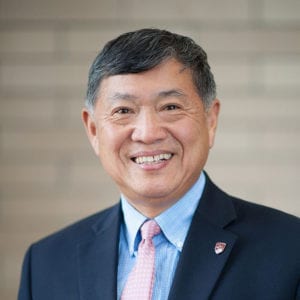
Suisheng Zhao 赵穗生
Professor and Director of the Center for China-US Cooperation at Josef Korbel School of International Studies, University of Denver.
Suisheng Zhao
Suisheng Zhao is Professor and Director of the Center for China-US Cooperation at Josef Korbel School of International Studies, University of Denver. A member of the Board of Governors of the US Committee of the Council for Security Cooperation in the Asia Pacific, a member of National Committee on US-China Relations, a Campbell National Fellow at Hoover Institution of Stanford University, and a Research Associate at the Fairbanks Center for East Asian Research in Harvard University, he is the founder and chief editor of the Journal of Contemporary China. He received his Ph.D. degree in political science from the University of California-San Diego, M.A. degree in Sociology from the University of Missouri and BA and M.A. degrees in economics from Peking University, and was Associate Professor of Political Science and International Studies at Washington College in Maryland, Associate Professor of Government and East Asian Politics at Colby College in Maine and visiting assistant professor at the Graduate School of International Relations and Pacific Studies (IR/PS) at University of California-San Diego.
He is the author and editor of more than a dozen of books, including Debating Regime Legitimacy in Contemporary China: Popular Protests and Regime Performance (2017); The Making of China’s Foreign Policy in the 21st Century, Historical Sources, Institutions/Players, and Perceptions of Power Relations (2016); China in Africa: Strategic Motives and Economic Interests (2015): the Construction of Chinese Nationalism in the Early 21st Century: Domestic sources and International Implications (2014); The Rise of China and Transformation of the US-China Relationship: Forging Partnership in the Age of Strategic Mistrust, (2013); China’s Search for Energy Security: Domestic Sources and International Implications(2012); China and East Asian Regionalism: Economic and Security Cooperation and Institution-Building (2012), In Search of China’s Development Model: Beyond the Beijing Consensus, (2011), Village Elections in China (2010), China and the United States, Cooperation and Competition in Northeast Asia (2008), China-US Relations Transformed: Perspectives and Strategic Interactions (2008), Debating Political Reform in China: Rule of Law versus Democratization (2006), A Nation-State by Construction: Dynamics of Modern Chinese Nationalism (2004), Chinese Foreign Policy: Pragmatism and Strategic Behavior (2003), China and Democracy: Reconsidering the Prospects for a Democratic China(2000), Across the Taiwan Strait: Mainland China, Taiwan, and the Crisis of 1995-96 (1999). His articles have appeared in Political Science Quarterly, The Wilson Quarterly, Washington Quarterly, International Politik,The Hague Journal of Democracy, European Financial Review, The China Quarterly, World Affairs, Asian Survey, Asian Affairs, Journal of Democracy, Pacific Affairs, Communism and Post-Communism Studies, Problems of Post-Communism, and elsewhere.


